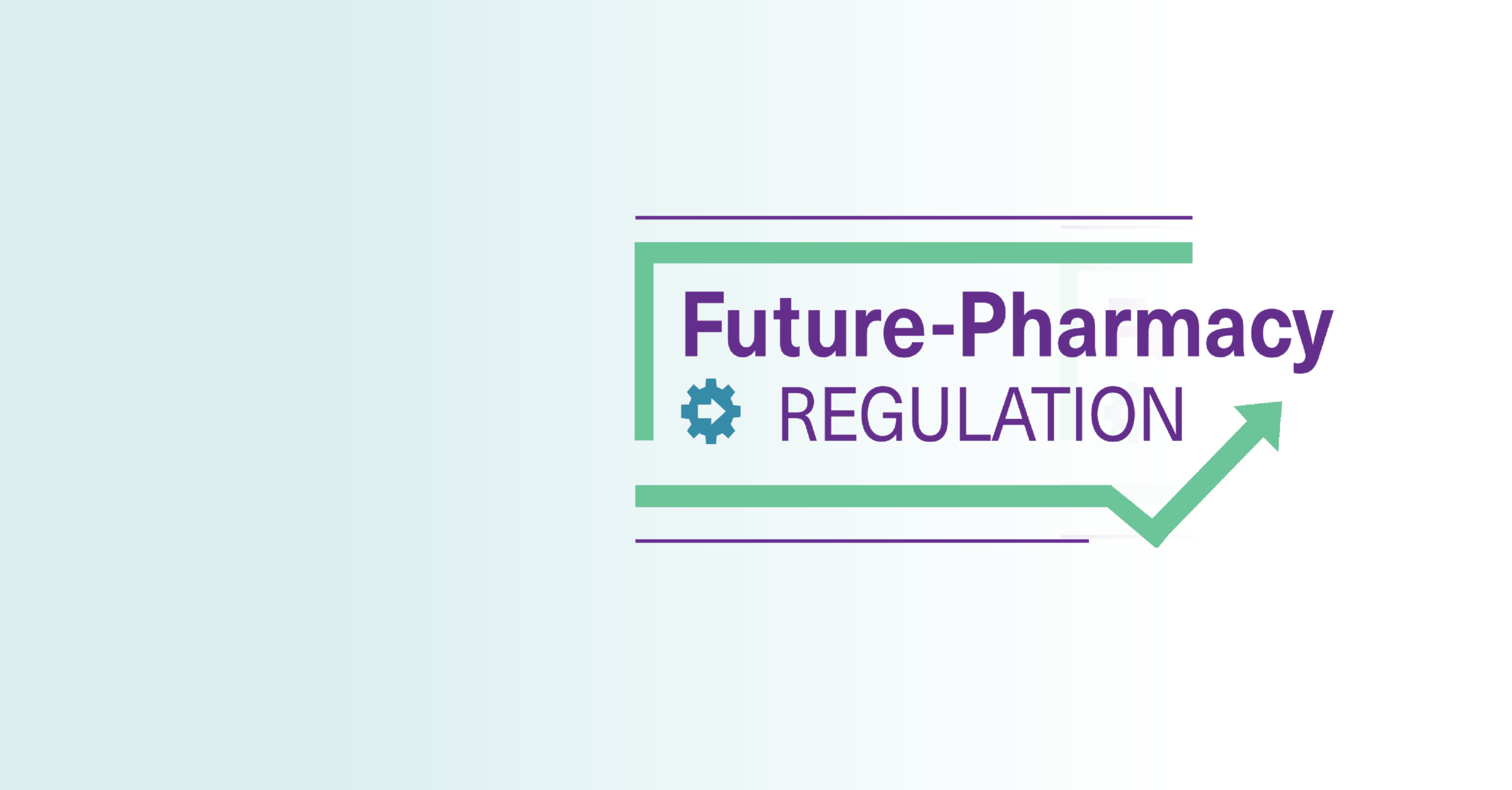Strategic Plan 2025–2027: Future-Pharmacy Regulation
Welcome to the College of Pharmacists of Manitoba (CPhM) 2025–2027 Strategic Plan webpage. Guided by the theme Future-Pharmacy Regulation, this plan reflects our forward-looking approach to pharmacy regulation in Manitoba. Through this plan, we emphasize innovation, inclusion, and responsiveness to the diverse healthcare needs of all people living in Manitoba while remaining committed to protecting public health and safety.
To learn more about the plan and its initiatives, explore the following resources:
- Strategic Plan Framework (Detailed) – A comprehensive explanation of the plan’s priorities, key initiatives, and guiding principles.
- Strategic Plan at a Glance – A high-level summary of the plan for quick reference.
Strategic Priorities Overview
Our plan includes three strategic priorities designed to shape the future of pharmacy regulation:
- Support Manitoba’s Pharmacy Workforce
Empower pharmacy professionals with tools and resources to deliver high-quality care. This includes improving standards of practice, enhancing the quality assurance program, and developing an accessible complaints process.
- Prepare for and Shape Legislative Changes
Proactively lead legislative changes to modernize pharmacy practice, including transitioning to the Regulated Health Professions Act (RHPA) and addressing workforce and regulatory challenges.
- Build and Support Operational Infrastructure
Strengthen CPhM internal systems through a digital strategy roadmap, risk management, and optimization of operational processes to support efficient regulation.
Each priority is grounded in DEIB+A principles, ensuring inclusive and equitable pharmacy practices for all Manitobans.
We Are Accountable to You
Transparency and accountability are at the core of CPhM’s work. To track progress on our Strategic Plan, we will publish quarterly updates in our Accountability Dashboards, with updates released in February, May, September, and December.
The Accountability Dashboards will:
- Showcase our progress on key initiatives.
- Provide insight into how we’re fulfilling our commitments.
- Keep system partners informed about the plan’s implementation.
Updated dashboards are published below:
If you have any questions or would like to share feedback on the Strategic Plan, please use the contact form below.
Diversity, Equity, Inclusion, Belonging, and Accessibility (DEIB+A)
DEIB+A is not a standalone initiative, it is the foundation of every aspect of our Strategic Plan. We are committed to fostering inclusivity and equity in all our work, ensuring pharmacy regulation reflects the needs of Manitoba’s diverse communities.
Recent initiatives that align with our DEIB+A commitment include:
- Updated Land Acknowledgment: Reflecting our dedication to cultural humility, reconciliation, and fostering an inclusive pharmacy profession, this acknowledgment was developed with input from Indigenous communities and other key stakeholders. Read our Land Acknowledgment.
- New Purpose Statement and Guiding Principles: These updates further strengthen our foundation and support the vision outlined in the Strategic Plan. Learn about our Purpose and Principles.
By embedding DEIB+A into every initiative, we ensure Manitoba’s pharmacy profession continues to meet the needs of all equity-seeking groups, including Indigenous, rural, francophone, and other communities.
Contact Us
We invite you to explore the Strategic Plan, follow our progress, and join us in shaping the future of pharmacy regulation in Manitoba.
Our Purpose and Principles
CPhM is committed to protecting the public through safe, ethical, and person-centered pharmacy care.
Learn moreAdvancing Pharmacy Regulation Under the RHPA
This is the home page of the Regulatory Reform Project: bringing pharmacy professionals under regulation of the RHPA.
Learn more